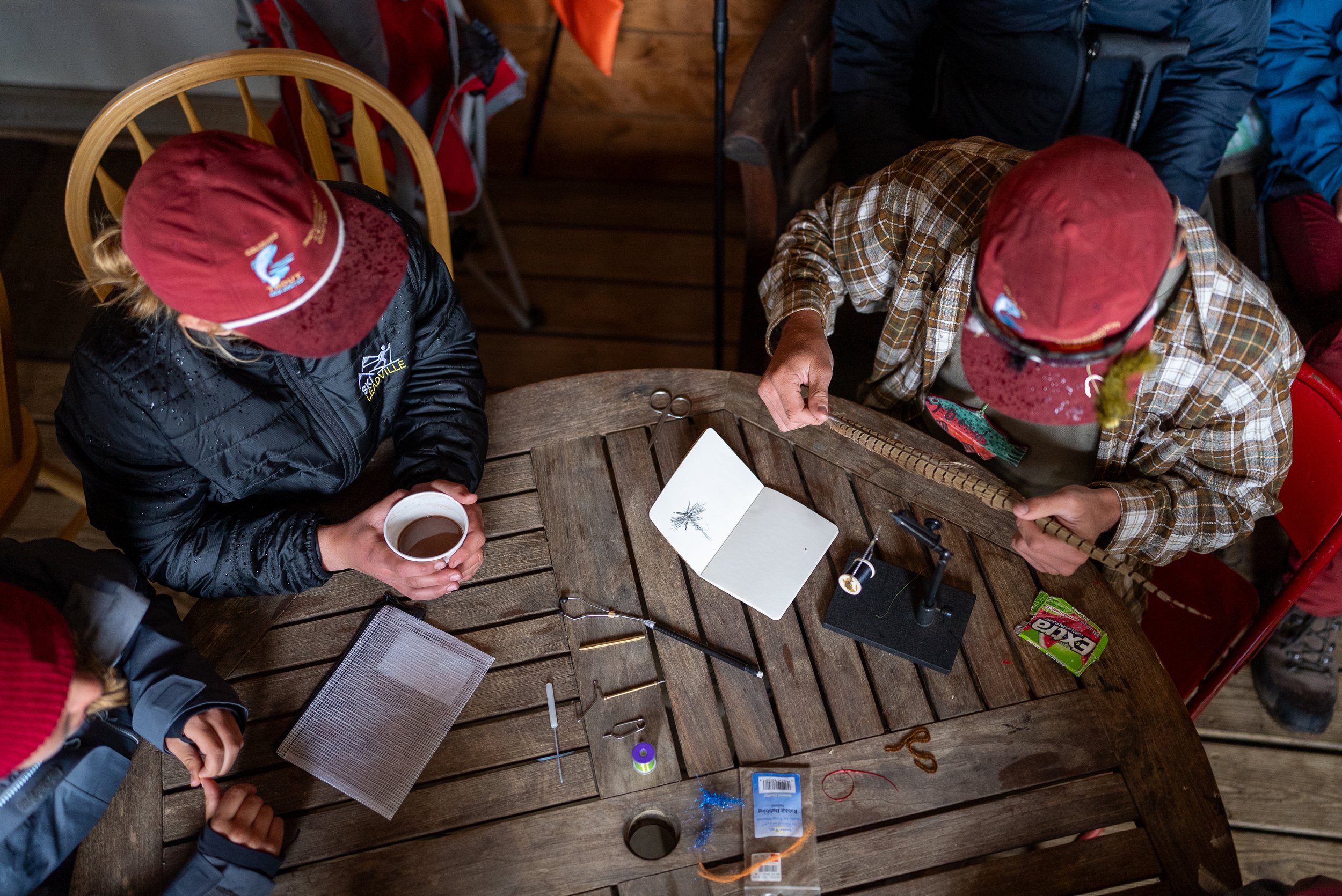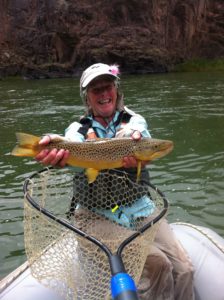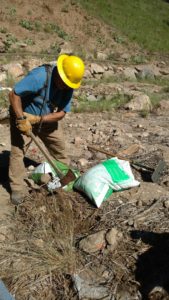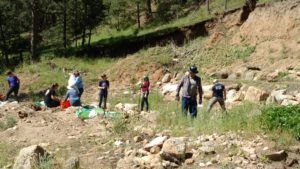An important new bill is advancing at the Colorado legislature that will complement existing nonprofit “Good Samaritan” mine reclamation projects and benefit Colorado’s watersheds. SB-054, a bipartisan measure sponsored by Senators Simpson and Bridges and Representatives McCormick and Martinez, has passed the Senate and yesterday passed on a unanimous vote from the House Agriculture and Natural Resources Committee.
SB-054 will create a new streamlined permitting process for reclamation-only projects, where a mining company can remove existing waste rock piles from an abandoned mine site, transport it to a permitted milling site, and process it to extract potentially marketable metals. Importantly, while the permitting process is significantly streamlined from those for a new mining site that would be excavating additional rock, the Division of Reclamation Mining and Safety (DRMS) requirements for these reclamation-only permits still include requirements for environmental protection and reclamation plans, providing a solid foundation to ensure the sites will be appropriately managed and reclaimed after the waste rock is removed.
Trout Unlimited has been actively involved in waste rock removal projects for decades, and have seen firsthand how those efforts can benefit watershed health and water quality. By removing these sources of non-point pollution, we can improve the health of downstream waters as well as on-site habitat.
SB-054 creates a new means to engage the private sector in this work, by creating a streamlined permitting process for removal and economic use of waste rock, followed by effective site reclamation. CTU Executive Director David Nickum said in testimony to the House Ag Committee, “With more than 23,000 abandoned mine features across the state, there is a significant need for reclamation far beyond what TU, other nonprofits, or DRMS itself can tackle. Creating opportunities and incentives for mining companies to contribute to those efforts makes good sense.” The reclamation-only permits also offer an environmentally-benign opportunity to obtain useful metals that were left behind from miners of generations past.
TU is grateful to DRMS and to the bill sponsors for their efforts to expand the community of partners in waste rock reclamation projects!














